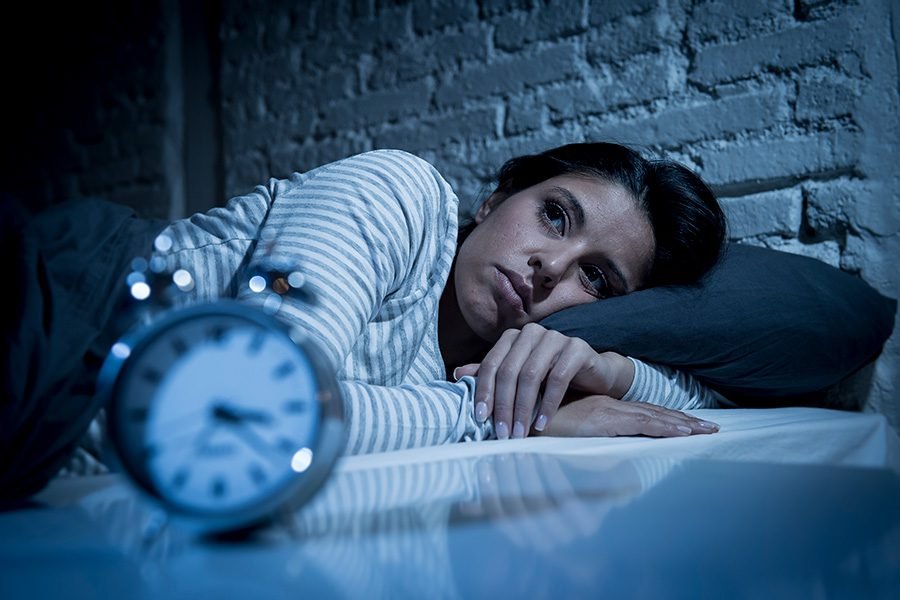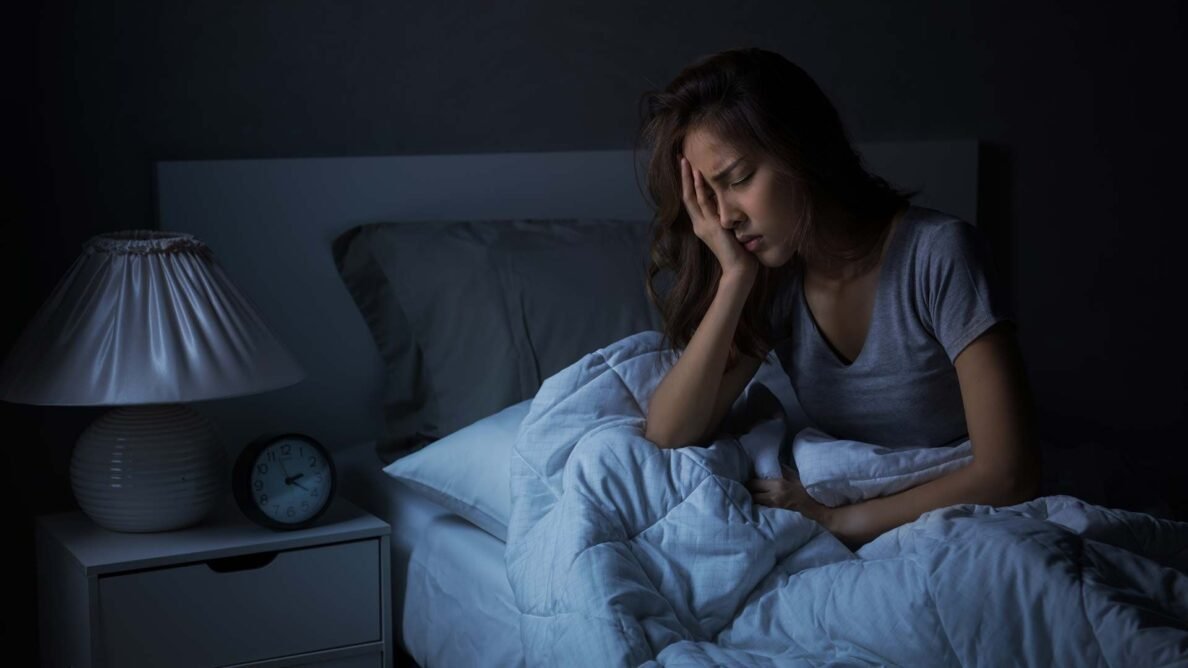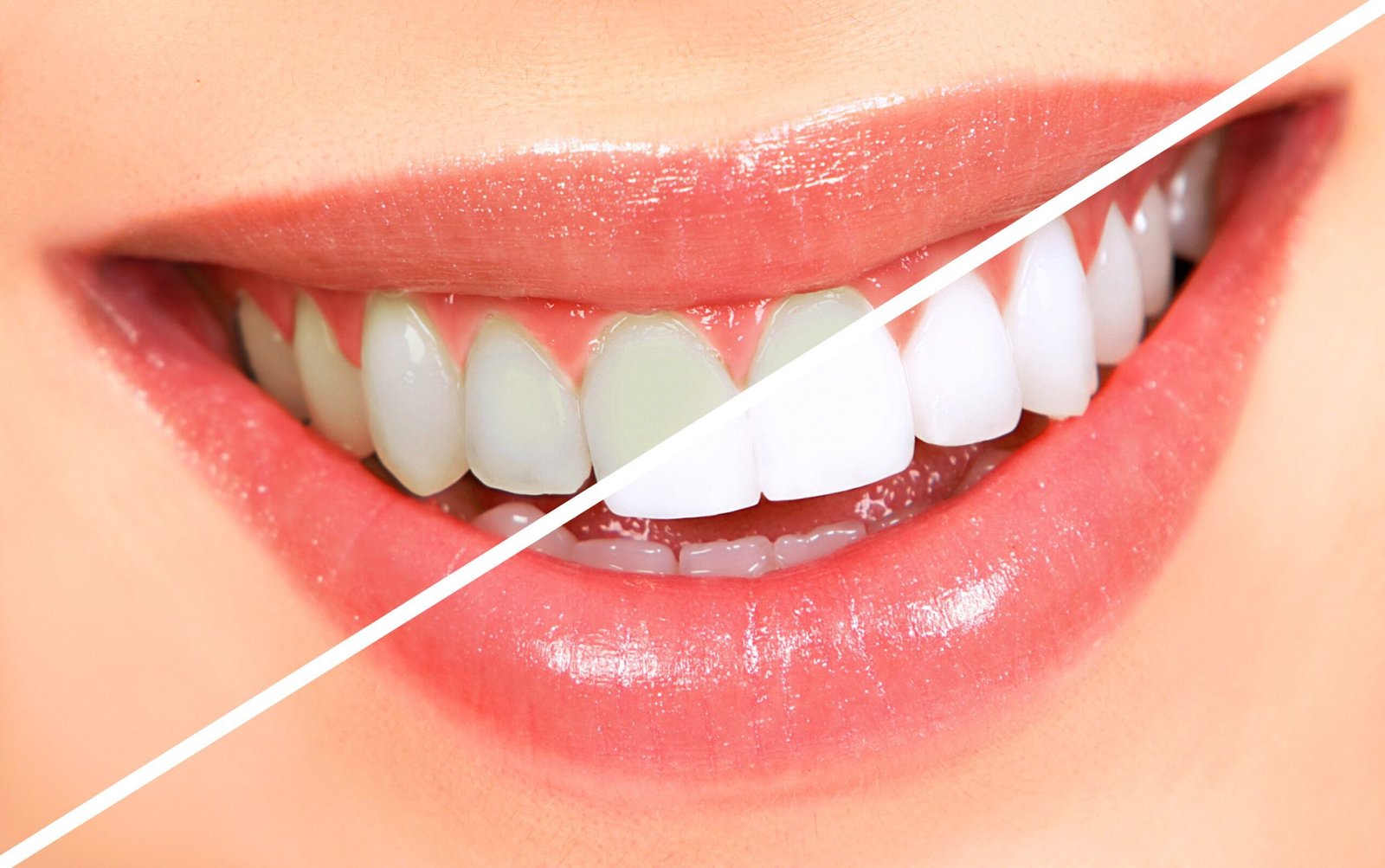Say Goodbye to Sleepless Nights: 7 Practical Tips to Beat Insomnia

Insomnia is a growing challenge, not just globally but also in Ghana. Poor sleep can affect mental health, lower productivity, and increase the risk of chronic diseases like hypertension and depression. Whether you struggle with occasional sleepless nights or chronic insomnia, practical strategies can help improve your sleep quality.
1. Stick to a Consistent Sleep Routine
Maintaining a regular sleep schedule aligns with your body’s natural rhythms. Experts advise going to bed and waking up at the same time every day, even during weekends. Engaging in relaxing pre-sleep activities like listening to soft music, journaling, or prayer can help you unwind. Avoid screen time before bed, as exposure to blue light affects melatonin production.
2. Transform Your Bedroom into a Sleep Sanctuary
Your sleeping environment plays a critical role in promoting rest. Ensure your room is dark, quiet, and cool. For those in warmer regions, using a fan or adjusting ventilation may create a comfortable setting. Additionally, white noise apps or earplugs can block distracting sounds that interrupt sleep.
3. Address the Root Causes of Your Insomnia
In Ghana, common factors like financial stress or undiagnosed health issues can trigger insomnia. Mental health conditions, including anxiety and depression, are also linked to poor sleep quality. Identifying and addressing these underlying issues, with professional help if necessary, is essential for sustainable sleep improvement.
4. Try Cognitive Behavioral Therapy (CBT-i)

CBT-i is a proven approach that helps individuals reframe negative thoughts about sleep and adopt healthy sleep behaviors. Research indicates that this therapy is more effective in the long run than sleep medications, with participants showing significant improvement after several sessions.
5. Incorporate Exercise but Time It Right
Regular exercise enhances sleep, but the timing matters. Physical activities such as jogging, swimming, or gym workouts should ideally be done earlier in the day. Evening workouts may stimulate the body and delay sleep onset.
6. Sleep Aids: Use with Caution
Though tempting, sleep aids like over-the-counter antihistamines or melatonin supplements should only be a temporary solution. Prolonged use can result in dependency or rebound insomnia. Always consult with a healthcare professional before using sleep medications.
7. Keep a Sleep Diary for Better Insights
Tracking your sleep patterns in a journal can reveal habits that affect your sleep, such as late caffeine consumption or naps. A journal can also help healthcare providers create personalized solutions for more restful nights.
Saying Goodbye To Insomnia
Sleepless nights don’t have to be permanent. With a combination of routine, exercise, stress management, and professional guidance, you can reclaim your nights and enjoy restful sleep. If sleep challenges persist, seek advice from a healthcare provider to address deeper issues. Improving sleep not only boosts productivity but also enhances overall well-being—a crucial goal for Ghanaians balancing work, family, and social life.
By implementing these strategies, you can confidently say goodbye to insomnia and wake up feeling refreshed and ready to take on the day.
Read More: Taking Post-Pills: The Good, Bad And Ugly














